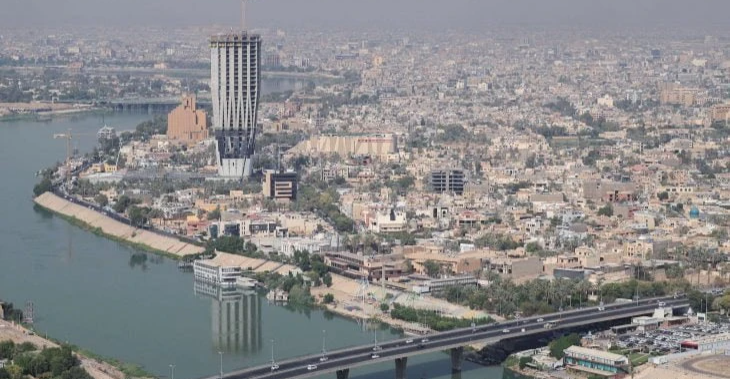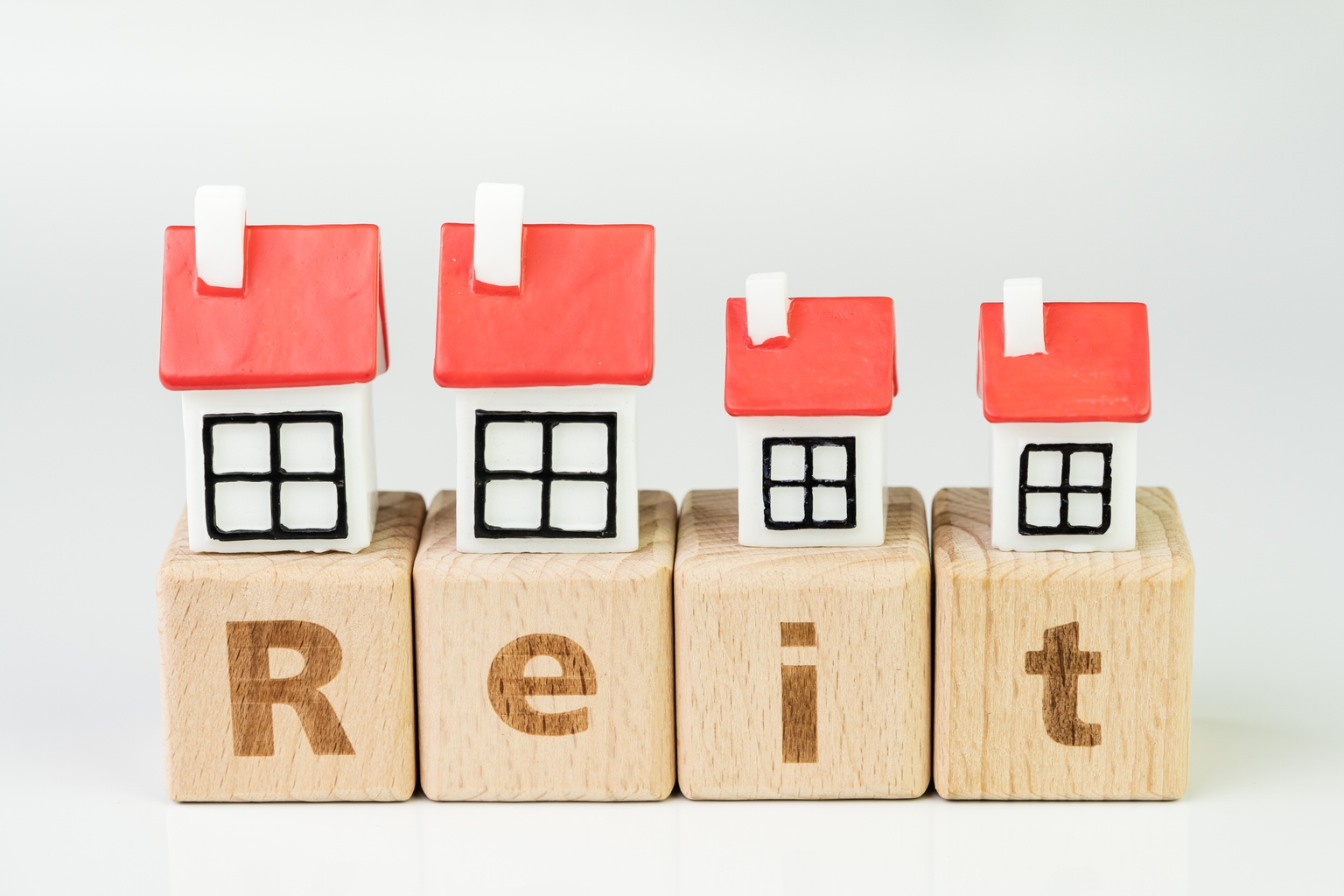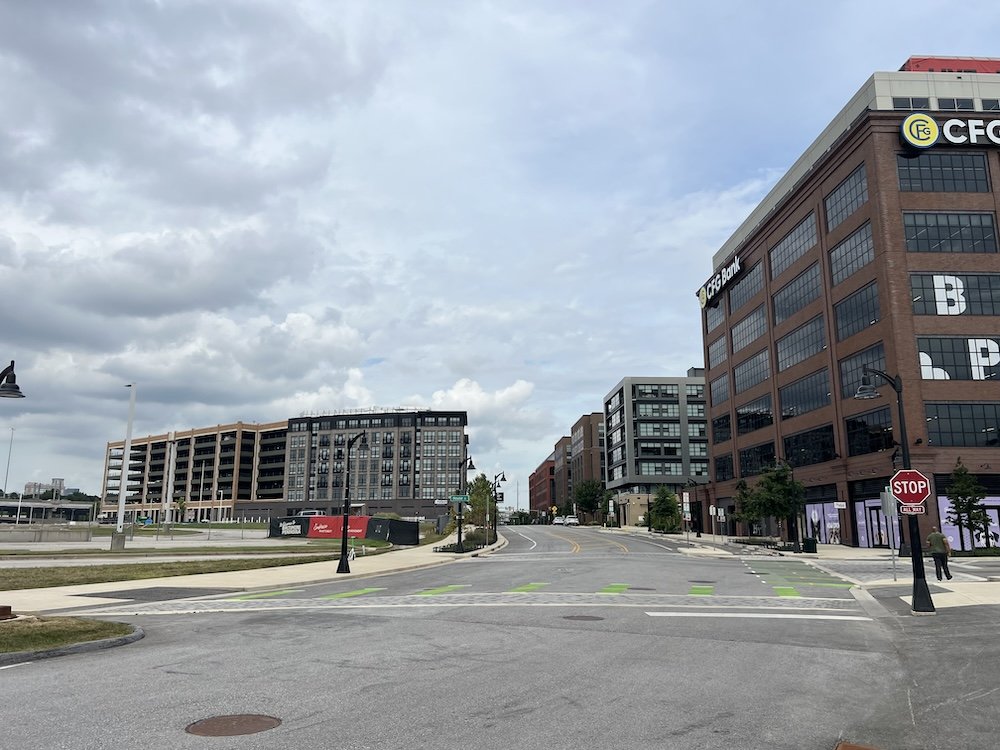I
raq's real estate market has slowed significantly, with lower housing demand, fewer sales, and stagnant prices affecting the capital and beyond. Industry professionals attribute this downturn to a mix of financial, regulatory, and political challenges.
The delay in passing the 2025 federal budget is a major factor, as it has left infrastructure spending and housing support projects in limbo. Many private investors and buyers are holding back, awaiting clearer signals from the government. Economic analyst Ahmad Abdul Rabeh views the delay as disruptive to real estate momentum, especially for developments dependent on public financing.
The volatility in global crude prices is also contributing to the uncertainty, with Brent crude trading below Iraq's fiscal projection benchmarks. This has weakened the country's financial position and strained expectations tied to state-led development, including housing.
Recent banking measures requiring property sales above 100 million Iraqi dinars (about $68 thousand) to be processed through official bank channels have further amplified the slowdown. Many citizens remain wary of placing large sums in banks due to mistrust and fear of delays or complications.
The mandatory banking threshold has been lowered from 500 million dinars in 2022, affecting a wide range of mid-range and modest property sales. Officials defending the policy maintain it was carefully crafted to reflect Iraq's environment while aligning with international financial standards.
However, the new banking rules have introduced new risks into what used to be straightforward deals, discouraging both buyers and sellers. The delays, paperwork, and uncertainty have led many to navigate around formal channels, structuring deals below the 100-million-dinar threshold to avoid banking requirements.
Economist Nasser al-Kinani notes that the dynamic that fueled Baghdad's property boom has flipped, with demand sharply outpacing supply in recent years. Now, there are more sellers than buyers, and prices have flattened or even reversed in some districts. Construction activity has slowed dramatically, affecting livelihoods and leaving many laborers struggling to find work.
Industry professionals like Karim al-Lami, who runs an office in Baghdad, report a near standstill in business, with client interest dropping sharply and transactions limited to properties valued under 100 million dinars. The length and complexity of the official process have introduced new risks into what used to be straightforward deals.
Ordinary Iraqis are also unnerved by the banking rules, with some withdrawing from deals due to the uncertainty and potential delays. Aya Yahya, a Baghdad resident, had reached an agreement to sell her home but withdrew after learning about the banking process.
To address the slowdown, experts like Ahmad Abdul Rabeh recommend policy changes to bring structure and momentum back to the market. He suggests expediting the passage of the federal budget, making homeownership more accessible through reduced interest rates and targeted investment incentives, and rolling out a centralized digital property information system.














